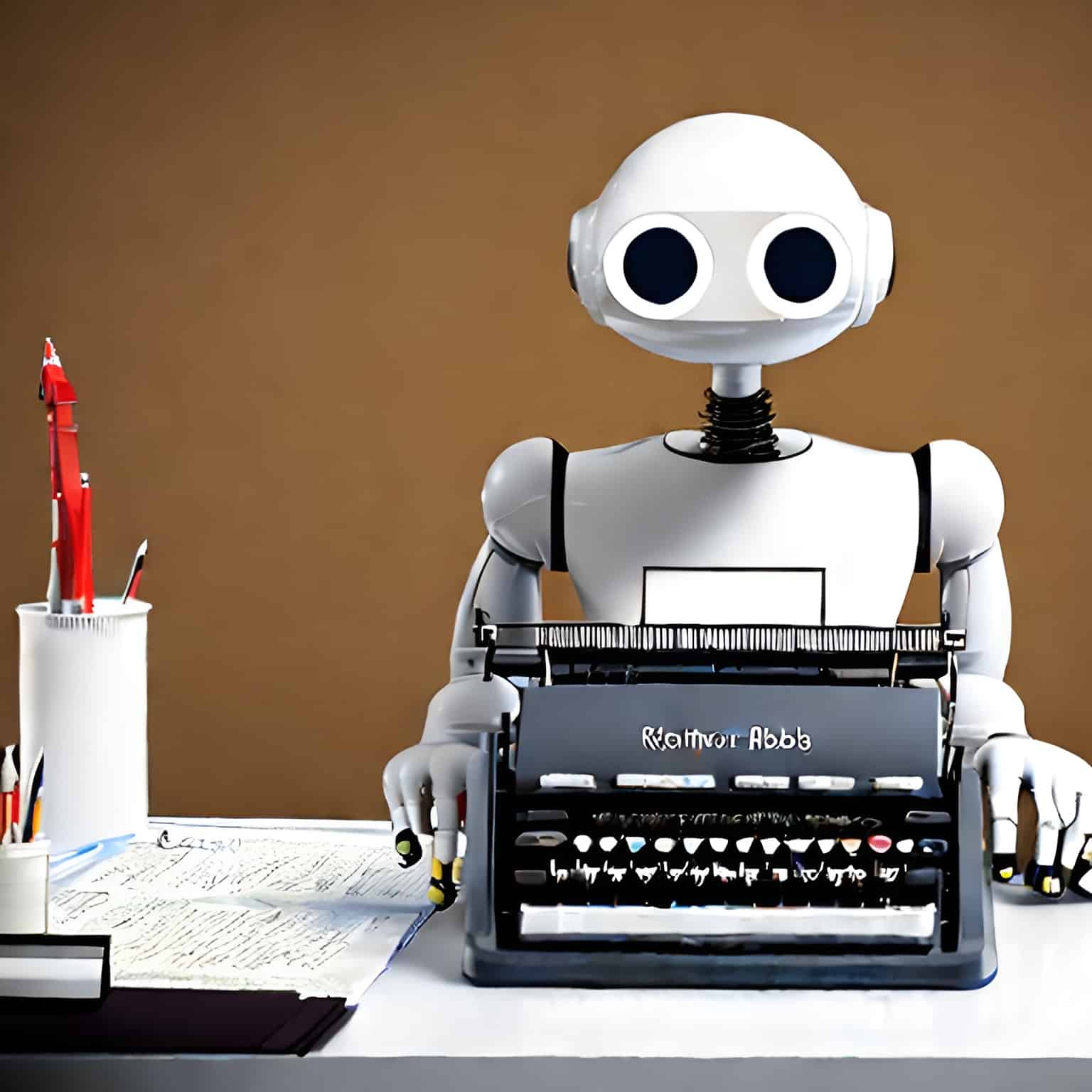
In 2020, 1.7 million people died worldwide due to cardiovascular disease. To revolutionize treatment of this condition, Maxime Sermesant from Inria, the National Institute for Research in Digital Science and Technology of France, joined forces with University Hospital of Bordeaux researchers to develop imaging for heart procedures, says Inria in a press release. They laucnhed inHEART, a start-up that focuses on digital tools for heart procedures specifically.
Catheter ablation is the most widely used procedure for preventing and treating arrhythmia, the most common cardiovascular disease. It is a highly complicated procedure and doctors often spend several hours trying to work out which areas are responsible for the condition before cauterizing them. This difficulty in identifying target areas inspired Maxime Sermesant and his team to develop the new solution.
Digital Twin
The project seeks to create a “digital twin heart” that could revolutionize cardiovascular treatments. This digital heart will be an exact replica of a patient’s real heart which will allow medical experts to study the patient’s individual anatomy in three dimensions and test different treatment scenarios before carrying out any invasive interventions. This will provide doctors with a detailed picture of how different treatments may affect their patient’s health.

In order to achieve this, inEurHeart will use data collected from patients undergoing catheter ablation procedures at different clinical sites across Europe. The data will then be combined with advanced AI algorithms which will be used to create detailed models of individual hearts. These models will be used by medical experts to simulate treatments on the digital twin hearts before carrying out any interventions on real patients.
Combining techniques
By combining AI with data collected from clinical sites across Europe, inEurHeart seeks to revolutionize treatments for cardiovascular diseases through personalised virtual models using CT & MRI images. This could drastically reduce time spent by medical experts trying to identify target areas during catheter ablation procedures while also increasing accuracy and patient safety.







